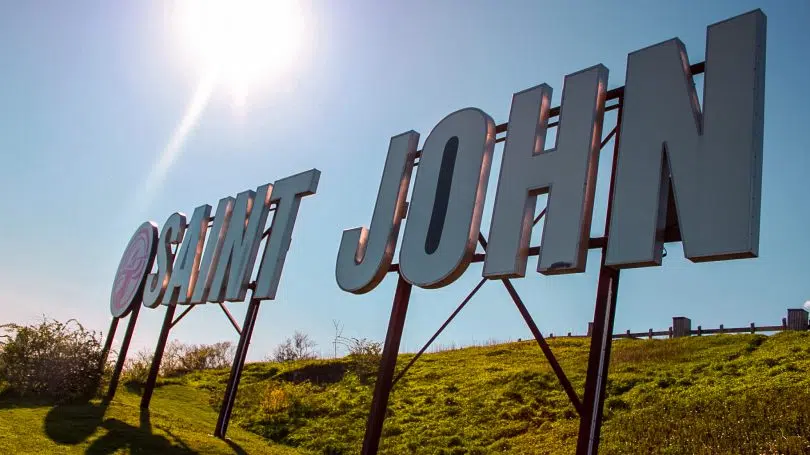Saint John has never hosted a traditional powwow, but that could change this fall as city staff engage with First Nations leaders.
Growth committee members recommended this week that council invest up to $50,000 from its reserve funds for a planned powwow in October.
A powwow is a gathering with dances held by many First Nations communities, and today is an opportunity for Indigenous people to socialize, dance, sing, and honour their cultures.
The planned event is part of a “Powwow Trail” where people travel all over Canada and North America to attend powwows over the summer and fall every year
Officials said the powwow would be hosted by the Wolastoqityik and Mi’kmaq Nations and would take place during an October weekend at TD Station, where they expect 400 performers and 60 Indigenous vendors to attend.
David Dobbelsteyn, the city’s acting growth committee director, said the powwow is a chance for those who claim Indigenous identity to connect with their heritage and traditions, as well as to share the experience with non-Indigenous people.
“We think there is a tremendous amount of both cultural and social opportunity here, and even economic opportunity,” said Dobbelsteyn.
“We talked in the report briefly of the potential of 5,000 to 10,000 visitors descending on the city. That’s $1 million to $2 million in spending. So it’s not only going to benefit us from a cultural perspective, it’ll also benefit local business and hotels.”
In a darker part of Canada’s history, powwows were banned under the 1876 Indian Act unless sanctioned by the federal government. Amendments to the Indian Act were finally made in 1951.
This decision restricted the sharing and passing of First Nations knowledge and traditions, especially between elders and children.
A staff report said a powwow in Saint John would have a deeper meaning as Menahqesk (Saint John) — the traditional territory where the Wolastoq (Saint John) river meets the ocean — means “where the sea takes the land”, and this place has been known from time immemorial as a gathering space (Ihtoli-maqahamok) for First Nations.








